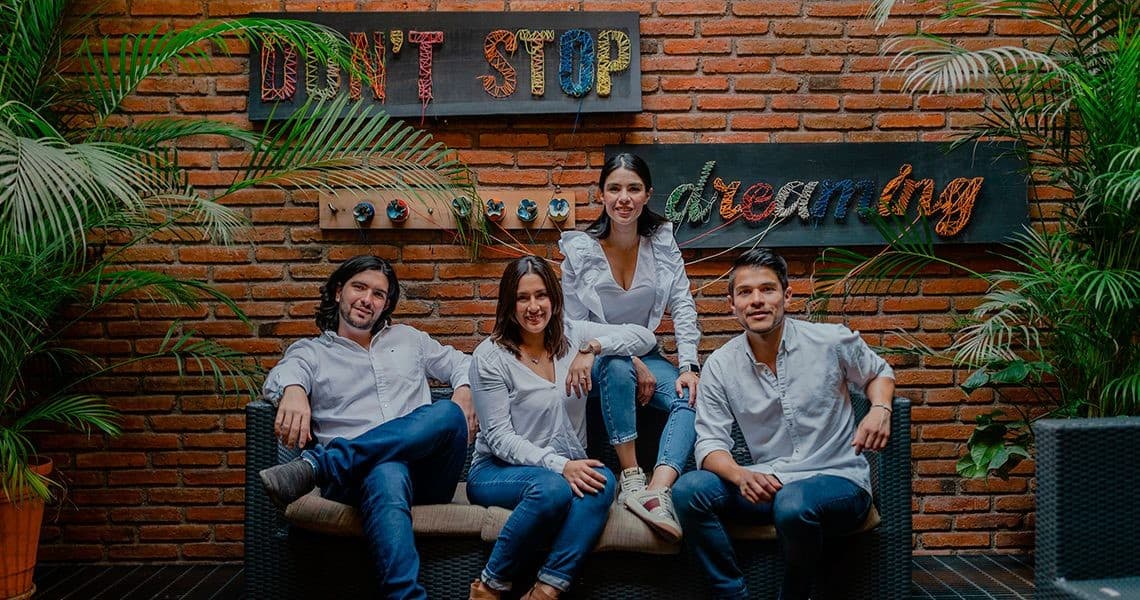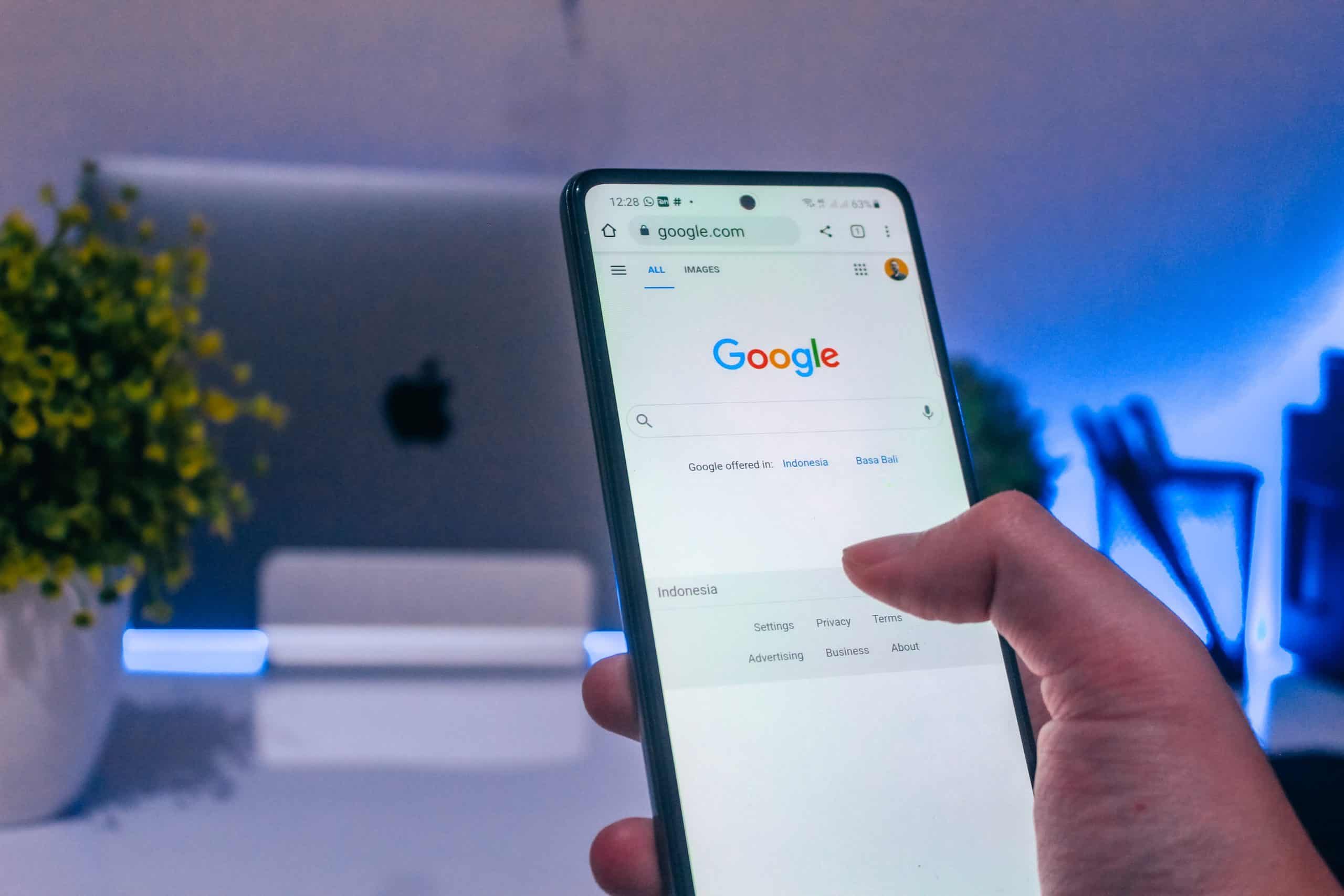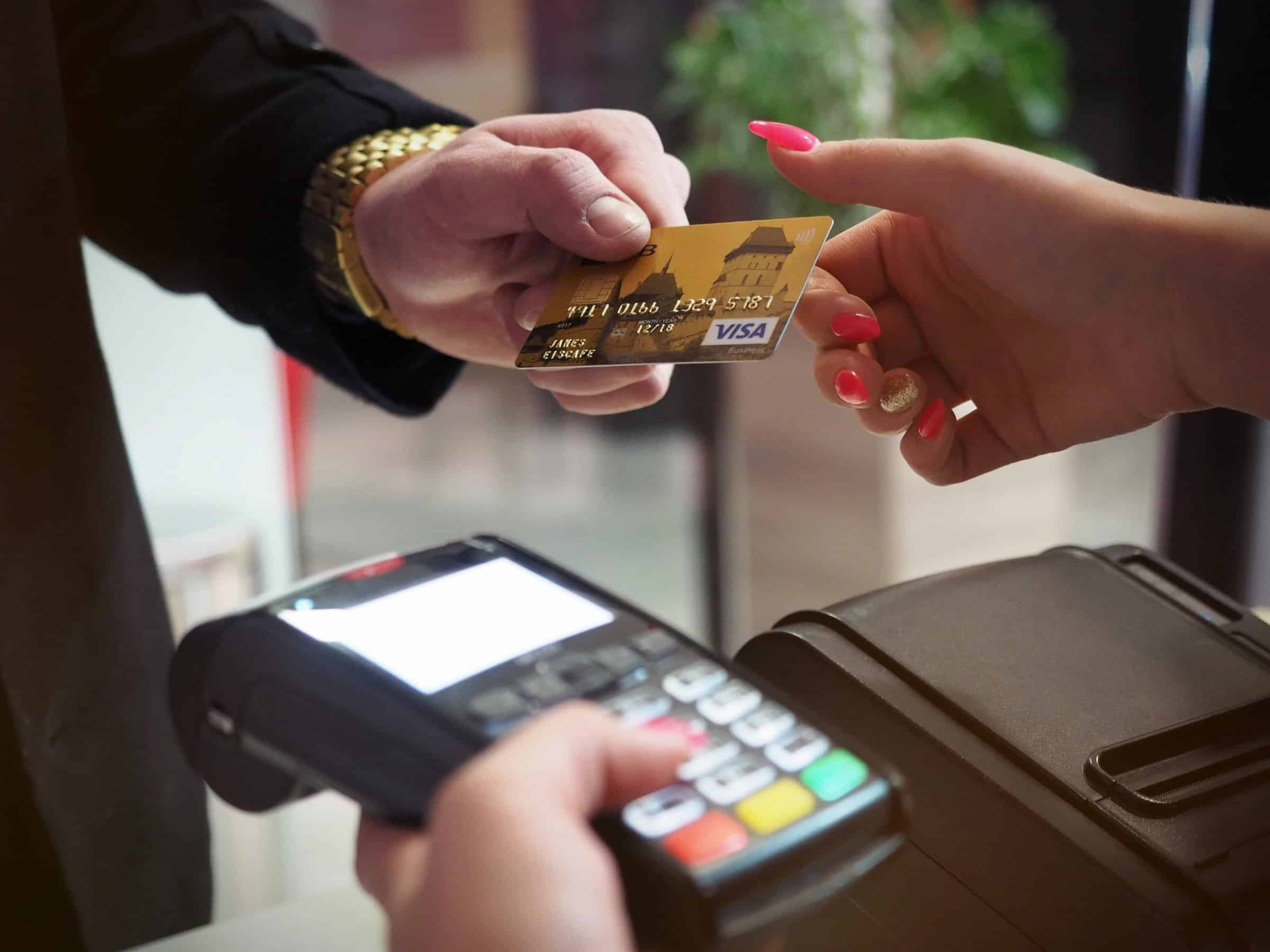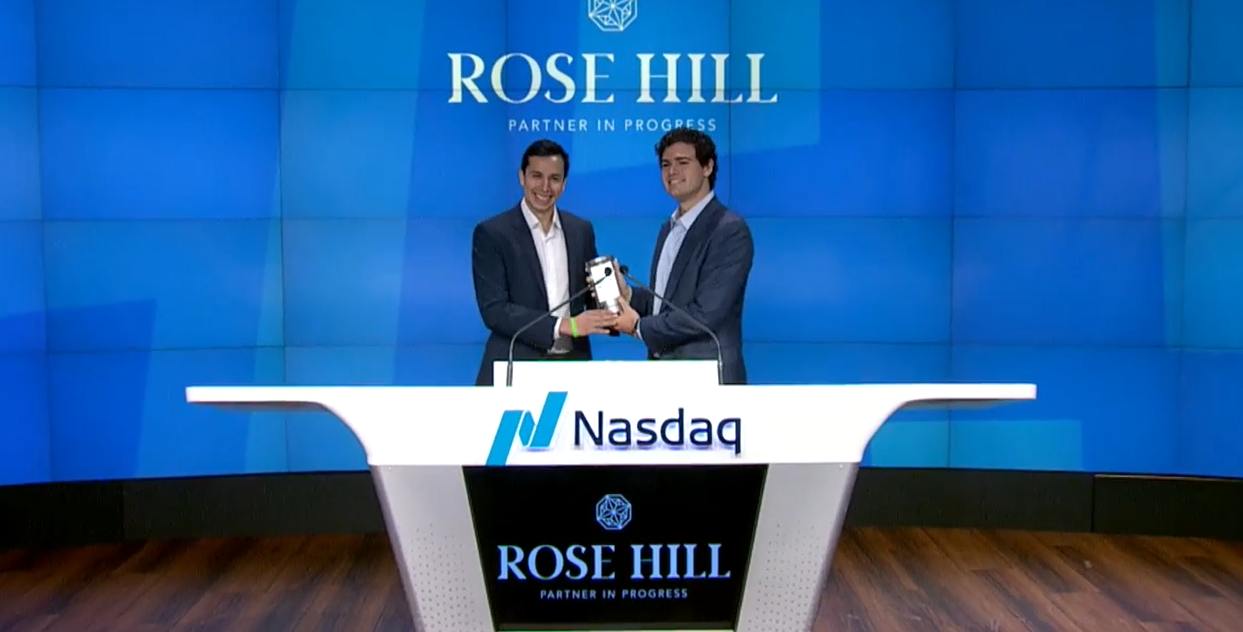What would you have done with a debit card before you became an adult? I think I would have used it to buy concert tickets online. Growing up, I had just a couple of financial services: savings account at the bank and a card that pretended to be a debit card, but really wasn’t.
For me, it just meant saving and saving, not managing my income and expenses. While this was a good habit taught by parents, I would have liked to be able to do more with my early money.
However, this might be a different story for the Gen Zers (people born between 1997 and 2010) thanks to new fintech companies that are looking to serve them.
More products and financial education for Gen Z
This generation is the main target audience for Finzi, a LatAm fintech that launched last June and closed $350,000 pre-seed round in early October. Angel investors who participated were Allen Gannet and funds First Check Ventures and Innopact VCs, according to Crunchbase.
Finzi company was founded in Colombia by Mexican and Colombian entrepreneurs: Juan Zavala, CEO; Alejandro Villegas, CTO; Paulina Zavala, product manager; and Ángeles Herrera, marketing manager.
Juan Zavala said to Conxto that his interest in creating a fintech company in the teen banking category was born during his time at Mastercard. While working at the payments giant, Zavala saw that Gen Z-focused fintech products were booming in the United States and the United Kingdom. But this was not the case in Latin America.
In this region, Zavala says, fintech companies are more focused on the adult population because “they have more expenses and thus represent a more profitable segment”. So banking for teens has lagged behind –despite the fact that Gen Zers start worrying about their finances since they’re 13 years old, according to Raver Reviewers.
Finzi’s CEO said that while traditional banks have been offering products and services for years, they have never done so with the necessary focus on the youngest populations. Therefore, Zavala and his team are looking for Finzi to be a tailor-made solution for this market. “Gen Z is very disruptive and we also want to show that disruptive part within the company,” he said.
Zavala also explained that the value proposition of the company, which currently has 10 employees, comes with a differentiator: a gamified financial education platform. “We say we are a fintech/edtech company,” he said.
With its financial products and services, Finzi wants to “empower young Latinos to have a more successful future”.
What financial products and services does Finzi offer?
The new round of financing will be focused on developing Finzi’s digital wallet and debit card, as well as growing the team and efforts in branding and marketing.
According to the company, young people will be able to access financial education games by the end of 2021. In January 2022 they will be able to use the digital wallet, which is linked to a virtual or physical debit card.
Users will have to download the Finzi app, where they will have to register and the card will be home delivered. Minors aged 10 to 14 will need a parent or guardian to begin the entire process. Teens aged 15 to 17 will only lead a parent or guardian’s approval.
Due to strict government regulation, young people will have a limit of $7.9 million Colombian pesos ($2,000 dollars) in their accounts.
Finzi has a long-term vision. In its initial stage, it wants to lure young people between 10 and 17 years old and keep them engaged while they grow and mature. At an older age, they will need different financial services, which Finzi also wants to offer by then.
The company wants to start capturing between 10K and 15K users each month, aiming to have 300K young Colombian users by the end of 2022. Finzi also wants to go outside Colombia and into markets like Mexico, Chile, Brazil, Peru, and Ecuador.
As more financial players like Finzi keep entering the market, we will have to see how Gen Z’s consumption habits change.






